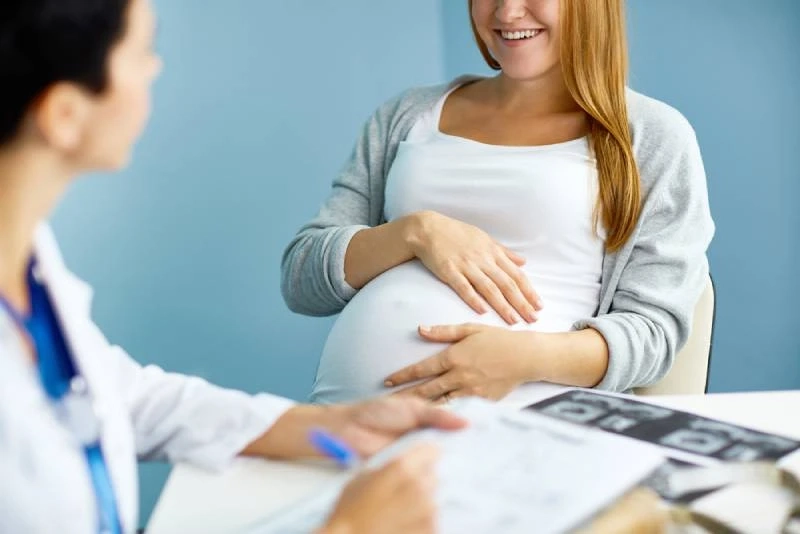Many women suffer health problems during gestation, and they include the health of the mother and fetus. Taking proper care to eliminate serious pregnancy problems and complications is important. The risk of complications will decrease if proper and regular pregnancy care is given by healthcare experts, who can diagnose, treat and manage these conditions.
What Are Some Common Pregnancy Problems?
Women’s body during pregnancy undergoes a lot changes. Not every problem is challenging, but there are some you need to take care about.
Continuous Nausea and Vomiting: Most women suffer mild to moderate nausea and vomiting during the gestational period, and it is normal during the first trimester. Nevertheless, some women may experience severe symptoms, which may last up to the third trimester, and it may need hospitalization because of weight loss and dehydration. This condition is known as hyperemesis gravidarum. In such a case, the patient may require hospitalization and receive fluids and nutrients.
Iron-Deficiency Anemia: Women during pregnancy produce more blood, and they need more iron than that is required by normal women. The iron production is balanced through proper food and medication, and if not, this may lead to Iron-deficiency anemia. This condition may lead to preterm birth and low birth weight of the child. Your pregnancy care provider may diagnose the iron-deficiency anemia with the symptoms you have.
Anxiety and Depression: Anxiety and depression are very common among pregnant women. While going through the gestation period, they undergo hormonal changes and health concerns. They cause anxiety and depression. Proper prenatal care can help deal with mental health troubles related to pregnancy.
Gestational Diabetes: Women who were normal before may become diabetic during pregnancy. This is a condition of gestational diabetes. the hormonal changes that occur in the body cause insulin insufficiency or decrease the ability to process insulin during digestion thus, causing the disease. It will increase the blood sugar level in the body causing high blood sugar or diabetes. To find out such conditions, visit women’s hospital and take proper blood test and care.
Preeclampsia: It is a very serious problem that women have during pregnancy. It can result in preterm delivery and death. Though the actual reason is unknown, women with high blood pressure, systemic lupus erythematosus, diabetes, kidney disease, obesity, or over 35 years old are at an increased risk. Women carrying twin or multiple fetus also fall under this category.
Preterm Labor: When the regular contractions lead to the opening of the cervix after 20 weeks and before 37 weeks of pregnancy, it results in preterm labor. There is a huge risk for the baby because of premature birth.
High Blood Pressure: Hypertension in pregnant women occurs when arteries that are responsible for carrying blood are narrowed. This leads to increased pressure in the arteries. During pregnancy it makes it difficult for the blood to reach the placenta that supplies nutrients and oxygen to the fetus. The decrease in the blood flow will lead to greater risk of preeclampsia and preterm labor. Gestational hypertensions develop during the second half of pregnancy and goes away after delivery.
Infections: Women during pregnancy are very susceptible to infections. They may pass from the mother to the child during delivery or there are infections that can affect the fetus. You can prevent them through prenatal and postpartum follow-up care. If you are planning for a child, it is better to get vaccinated for infectious diseases such as chickenpox before you conceive. You are also required to consult your doctor for any STD or STI infections before you conceive.
In short, you should have good and proper parental care from a recognized women’s hospital for healthy pregnancy and delivery.



